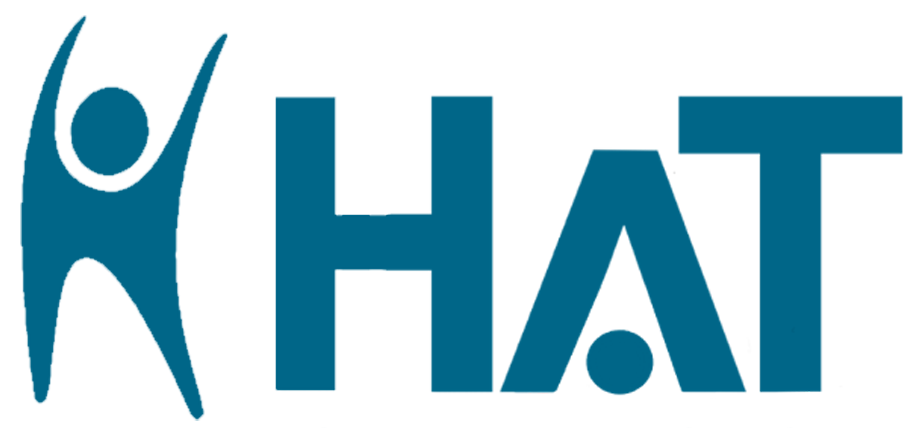Sat Feb 25, 11am-1pm EST (Toronto, New York)
Today’s presentation will be a Hybrid meeting with online and in-person options.
Join Zoom Meeting https://us06web.zoom.us/j/971381033
Join us in-person at The 519, 519 Church Street, Rm 301
Growing up in New York in the 1960s and 1970s, national television news consisted of the evening news broadcast on the three networks. The two local stations covered local stories. Print news consisted of newspapers and news magazines, most notably, the daily New York Times, and Sunday New York Times, with its New York Times magazine. Although some charged the media with having a “liberal bias,” CBS news anchor Walter Cronkite was called “the most trusted man in America.” His comment that the Vietnam war was “unwinnable” (made while he was covering the war live from Vietnam), played an important role in the development of the anti-war movement.
Investigative journalism was (and still is) a central function of the press. The New York Times and the Washington Post published excerpts from and reported on the content of the Pentagon Papers. This was another key element in the anti-war movement and bringing an end to the war. Two young reporters at the Washington Post broke the Watergate story. Their reporting ultimately led to the fall of a sitting President. The Boston Globe broke the story of widespread Catholic priest child sexual abuse. Knight Ridder (which has many newspapers) broke the story of the falsity of the claim that Iraq had weapons of mass destruction.
Today, with cable TV and the internet, we have numerous sources of information. We now have to decide among numerous sources which ones to trust and which ones to ignore. Which ones are objective and which ones are partisan. Which stories are about what really happened and which ones are spreading conspiracy theories. We have to do this amidst charges of “fake news” and assertion of “alternative facts.” This raises several questions for us to consider:
1) What sources of information are reliable?
2) How can we discern between reliable and questionable sources?
3) Where can we find investigative journalism today?
4) What role does the media play in our society and democracy today?
5) How can we challenge unreliable sources?
6) Should there be any preference as a source of information among print, television, and online media?
